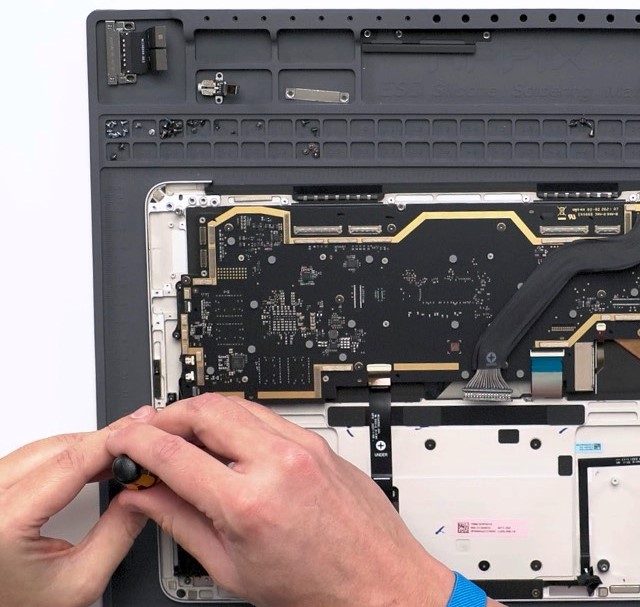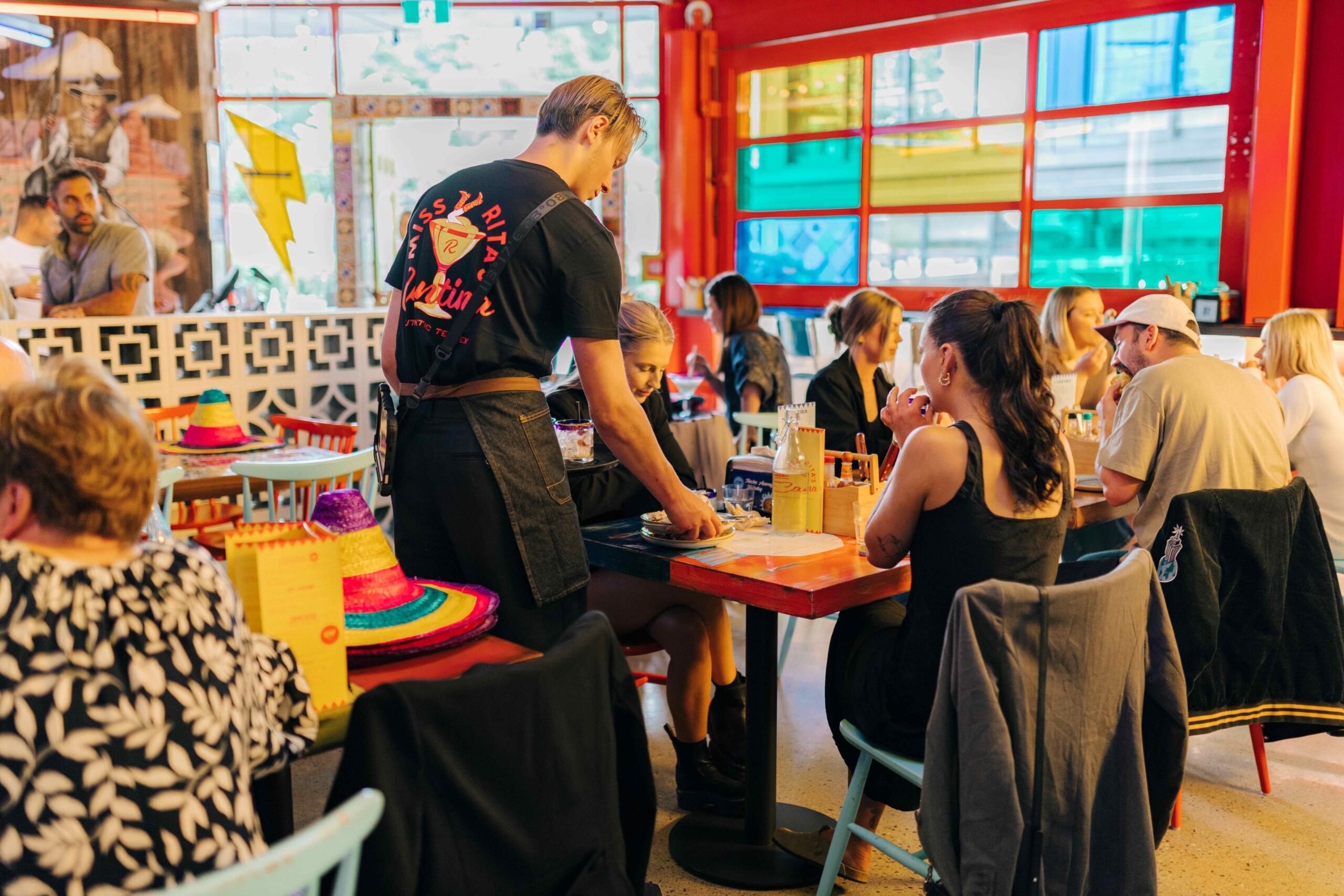Small businesses signal election priorities
With around a year to go before the General Election, the National Party enjoys overwhelming support from…
With around a year to go before the General Election, the National Party enjoys overwhelming support from New Zealand’s small business owners according to a survey from accounting software provider MYOB.
The MYOB Colmar Brunton Business Monitor surveyed 1,012 small business owners from around New Zealand on their attitudes to the political parties and what policies they support.
When asked what political party is best for helping their business succeed, National came out in front with 57 percent saying it is best for them while Labour had just 10 percent support. New Zealand First had 4 percent, the Greens 3 percent and ACT 2 percent.
“It’s obviously a good result for the Government. People do trust John Key and Bill English’s economic management. There is a strong sense in the small business community that the country is on the right track,” says MYOB Head of Small Business Ingrid Cronin-Knight.
“MYOB’s Business Monitor also found 42 percent of business owners expect their revenue to increase in the next year, while just 11 per cent expect it to decline – so obviously the strong economy is playing well for National.
“For Labour and the other opposition parties, the survey shows they have a bit of work to do to connect with small business owners in the lead up to the election. Labour especially will need to bring out new policies that are attractive to business owners and build its credibility as a credible manager of the economy.
“However, the good news for Labour is that when you look at specific policies of interest to small businesses, in many cases the owners favour Labour’s position. For instance, when we asked whether they supported Labour’s policy of research and development tax credits or National’s Callaghan Innovation grants scheme, of those that expressed a preference, 29 percent supported the tax credit, while just 7 percent supported the grants scheme.”
“Looking at other policies, them one of the most important issue for small business owners is simplification of the tax rules and processes to make it easier for businesses to meet their tax obligations. More than 91 percent of business owners support this.
“The good news is that there is legislation in front of parliament to simplify provisional taxation. The changes will make it a pay-as-you-go system and will mean business tax can be calculated through your MYOB accounting software and paid directly to Inland Revenue. The clear message from small business is that they want whoever is in power after the election ensure this reform remains a priority.”
Other findings:
• 63 percent want to retain the 90 trial period for new employees, verse 18 percent who oppose it.
• 93 percent of small businesses think the Government needs to ensure multinational companies pay tax on profits earned in New Zealand.
• Two-thirds of small business owners believe in assigning a proportion of Government procurement contracts to small businesses.
• There is a split on whether the age of superannuation entitlement should be raised to 67, with 47 percent opposed to lifting the age, while 37 percent support it. There was also a split on pulling out of the Trans-Pacific Partnership free trade deal – with one third supporting the deal and 29 percent wanting New Zealand to pull out.
“There are two key policies that political parties could pick up before the election that have a lot of support from small business owners. Three-quarters of small business owners would like the Holiday’s Act simplified, while almost 60 percent would like the Government to introduce an instant write-off scheme for depreciation of new assets,” says Ms Cronin-Knight.
“There are approximately 490,000 businesses in New Zealand with fewer than 20 employees, making them a substantial constituency in the election. Political parties need to show that they back these people and understand the pressures that go with running a small business.
“Those 490,000 business owners are focused on cashflow, attracting good staff, keeping costs down and increasing sales. They want their politicians in Wellington to support policies that help small businesses to succeed.”






